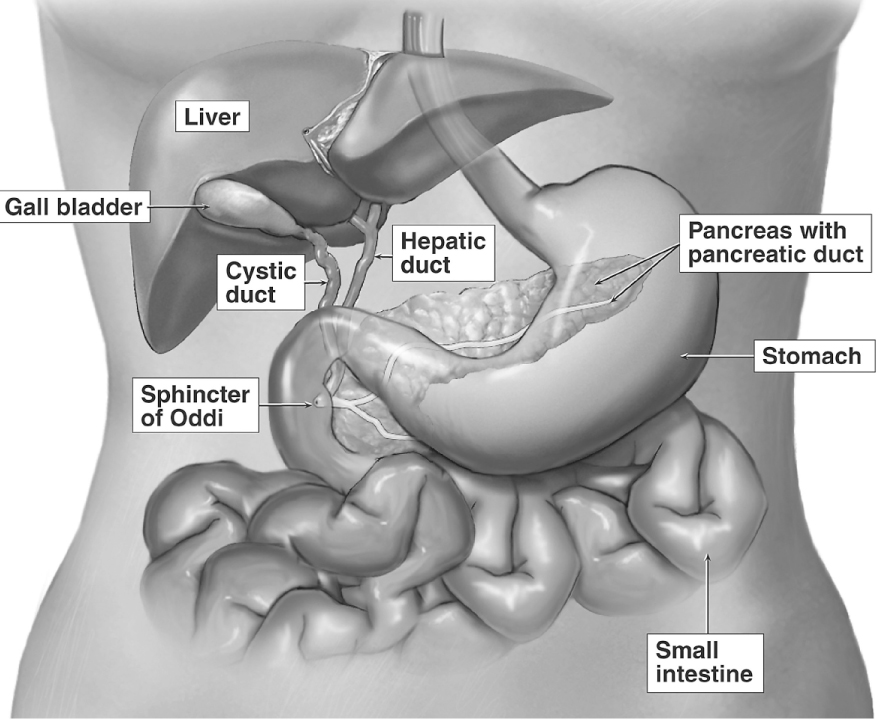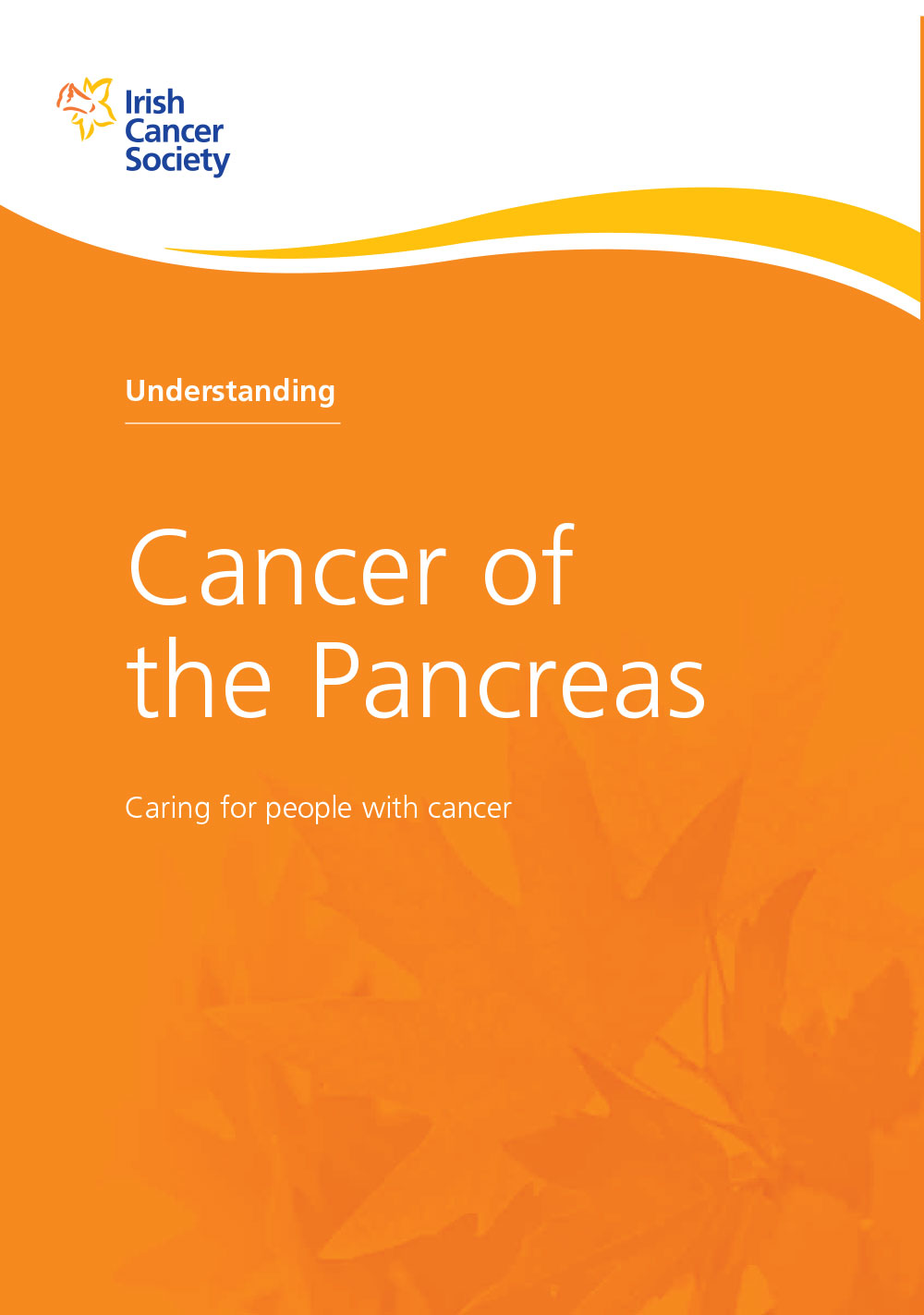Pancreatic cancer
Pancreatic cancer affects almost 600* people in Ireland each year. The most common type of pancreatic cancer is adenocarcinoma.
Signs and symptoms
Learn about the signs and symptoms of pancreatic cancer. You are more likely to survive cancer if you find it at an earlier stage.
Treatments
There are a number of different treatments available for pancreatic cancer. Your medical team will explain the best treatment options for you.
What is pancreatic cancer?
Pancreatic cancer develops when abnormal cells in the pancreas grow out of control, forming a tumour. Almost 600 people are diagnosed with it in Ireland every year.*
The most common type of pancreatic cancer is adenocarcinoma. These cancers are found in the head of the pancreas, in the ducts. About 9 in 10 patients will have adenocarcinoma.
You may have no signs or symptoms in the early stages of pancreatic cancer.
What is the pancreas and what does it do?
The pancreas is a gland that is part of your digestive system. It is approximately 6 inches long and lies deep inside your abdomen (tummy), behind your stomach and in front of your spine.
It has 3 main parts: the head, the body and the tail. It is close to several large and important organs and blood vessels.

The pancreas makes digestive juices (enzymes). These digestive juices break down food so that it can be absorbed into the lymph and bloodstreams.
The pancreas also makes hormones, including insulin, which control sugar levels in the blood. If the pancreas is unable to make enough insulin, diabetes results.
What increases my risk of pancreatic cancer?
These risk factors increase your chance of developing pancreatic cancer:
- Age - it's more common in older people
- Smoking
- Being overweight
- Diabetes (most people with diabetes do not get pancreatic cancer)
- Chronic pancreatitis
- Family history of pancreatic cancer (not common)
- Workplace chemicals: exposed to radiation, aluminium, acrylamide in the workplace. More research is needed to prove this
A family history of these conditions also increases the risk:
- Hereditary pancreatitis (rare)
- Some family members have BRCA2 genes (and possibly BRCA1)
- Bowel conditions such as familial adenomatous polyposis (FAP), hereditary nonpolyposis colon cancer (HNPCC/Lynch syndrome) and Peutz-Jeghers syndrome
- Mole skin conditions like familial atypical multiple mole melanoma syndrome (FAMMM)
Having a risk factor doesn’t mean you will definitely get cancer. Sometimes people with no risk factors get the disease. If you’re worried, talk to your GP or talk to one of our cancer nurses. Call our Support Line on 1800 200 700 or visit a Daffodil Centre.
Reducing your risk of pancreatic cancer
The most important thing you can do to reduce your risk of pancreatic cancer is to:
- Keep a healthy weight for your height
- Stop smoking
- Talk to your GP about screening if you have a family history of pancreatic cancer
Medical content updated from our 'Understanding cancer of the pancreas' booklet (2023). Reviewed by Mr Justin Geoghegan, Consultant Pancreatic Surgeon (retired) and former Clinical Lead of the National Surgical Centre for Pancreatic Cancer; Sharon Glynn, Hepatopancreaticobiliary Surgical Oncology Clinical Nurse Specialist; Valerie Greene, Daffodil Centre Nurse.
Talk to a Cancer Nurse

Support Line
Our Daffodil Centres

*The Irish Cancer Society uses the most up-to-date cancer statistics from the National Cancer Registry Ireland, available on www.ncri.ie

